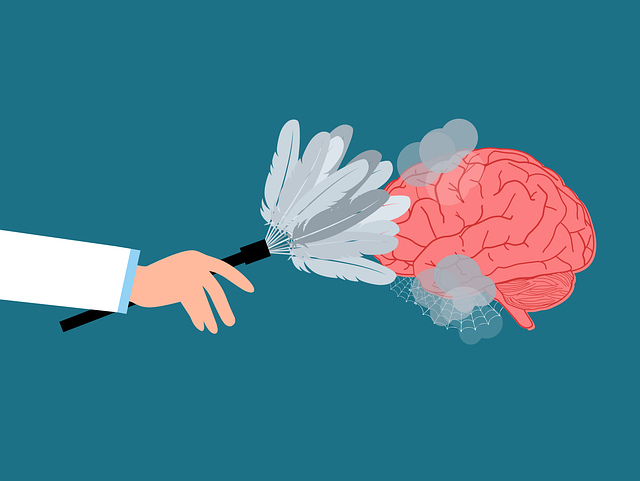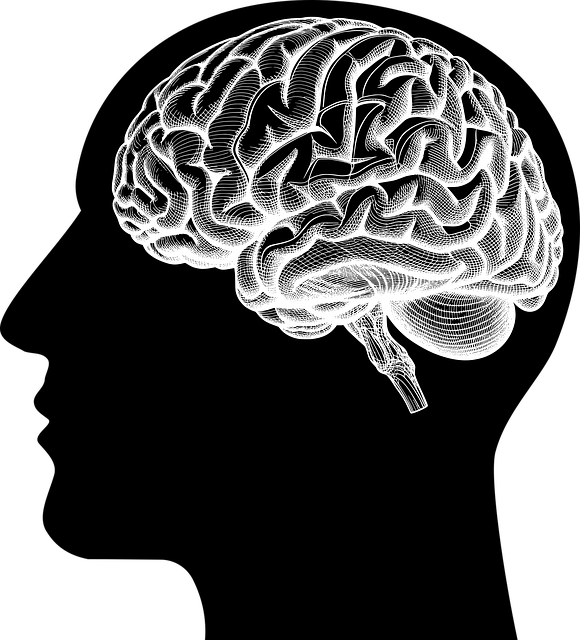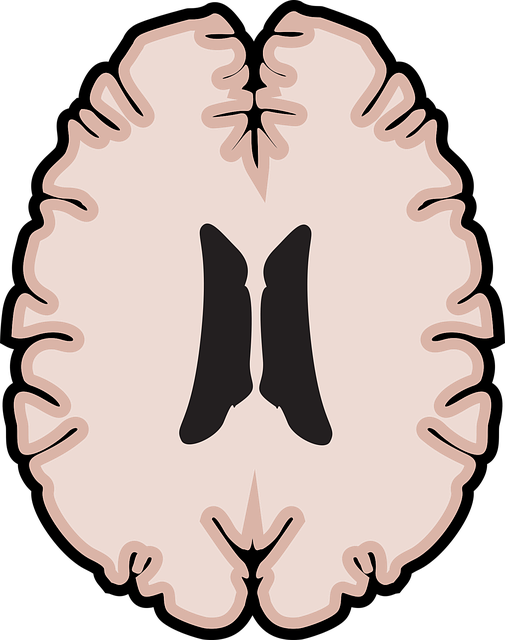Mental health challenges among young adults are rising due to academic demands, social media influence, and financial uncertainties. Acceptance and Commitment Therapy (ACT) is a powerful tool combating this trend, teaching emotional resilience through accepting feelings without judgment and aligning actions with personal values. Incorporating ACT into a mental wellness app tailored for college stress and workplace pressures can effectively cater to young adults' unique needs. This app must balance privacy, safety, and ethical considerations, including crisis support, mindfulness exercises, cultural sensitivity, and social skills training for holistic psychological flexibility.
In today’s digital age, mental wellness apps offer valuable support for young adults navigating complex challenges. Understanding the unique mental health needs of this demographic is crucial. This article explores Acceptance and Commitment Therapy (ACT) as an effective approach tailored to young adults. We delve into designing app features that foster mindfulness, values-based living, and defusing distressing thoughts. Additionally, privacy, safety, and ethical considerations are paramount in developing robust mental wellness apps, ensuring a supportive digital therapy experience for young adults seeking help.
- Understanding Young Adult Mental Health Challenges
- Introduction to Acceptance and Commitment Therapy (ACT)
- Designing Effective Features for a Wellness App
- Ensuring Privacy, Safety, and Ethical Considerations in App Development
Understanding Young Adult Mental Health Challenges

Mental health challenges among young adults have become a growing concern in today’s fast-paced and often stressful world. This demographic faces unique pressures, from academic expectations to social media influence and financial instability, which can significantly impact their emotional well-being. According to recent studies, youth anxiety and depression rates are rising, highlighting the need for accessible and engaging solutions to support their mental wellness.
One effective therapeutic approach gaining traction is Acceptance and Commitment Therapy (ACT). ACT encourages individuals to accept their emotions without judgment and commit to actions that align with their personal values. This strategy has shown promise in helping young adults develop resilience and cope with stressors, fostering a sense of empowerment. Additionally, public awareness campaigns, healthcare provider cultural competency training, and empathy-building strategies can contribute to destigmatizing mental health issues among this age group and encourage them to seek appropriate support, such as therapy.
Introduction to Acceptance and Commitment Therapy (ACT)

Acceptance and Commitment Therapy (ACT) is a groundbreaking approach that has gained significant popularity among mental wellness professionals, especially when catering to the needs of young adults. This therapeutic method encourages individuals to embrace their experiences rather than fighting or avoiding them, fostering a deeper connection with the present moment. By promoting psychological flexibility, ACT enables young adults to align their actions with personal values, leading to improved overall well-being.
ACT incorporates various techniques such as mindfulness exercises, cognitive defusion, and values clarification to help individuals manage difficult emotions, resolve internal conflicts, and enhance emotional intelligence. The therapy’s cultural sensitivity aspects ensure that the treatment is adaptable to diverse populations, addressing individual experiences and beliefs. This inclusive approach has proven effective in promoting positive mental health outcomes for young adults, making it a preferred choice for many seeking guidance and support in their personal growth journeys.
Designing Effective Features for a Wellness App

In designing an effective mental wellness app for young adults, incorporating evidence-based therapeutic practices like Acceptance and Commitment Therapy (ACT) is a game-changer. ACT focuses on cultivating present-moment awareness, accepting difficult thoughts and feelings without judgment, and committing to valued actions, all of which can be translated into engaging app features. For instance, the app could include mindfulness exercises tailored to young adult experiences, such as navigating college stress or workplace challenges, with daily prompts to foster positive thinking and inner strength development.
Additionally, integrating interactive tools for tracking progress and setting achievable goals can empower users in their mental wellness journeys. Features like mood trackers, gratitude journals, and personalized therapy modules based on user input can enhance the app’s effectiveness. By combining these elements, a well-designed mental wellness app caters to young adults’ unique needs, promoting stress management and supporting their overall mental health and well-being.
Ensuring Privacy, Safety, and Ethical Considerations in App Development

Developing a mental wellness app requires a meticulous approach to privacy, safety, and ethical considerations. As users share sensitive personal information, developers must prioritize data protection measures such as encryption and secure storage. Transparency about data collection practices is crucial, ensuring users understand how their information will be used and shared. Moreover, integrating features that promote user safety, like crisis support resources and risk assessment tools, can significantly enhance the app’s value for young adults seeking therapy.
Acceptance and Commitment Therapy (ACT), a renowned therapeutic approach, offers valuable insights into fostering mental wellness. Incorporating elements of ACT within the app could involve promoting mindfulness exercises and values clarification to help users develop psychological flexibility. Cultural sensitivity in mental healthcare practice is another essential aspect, ensuring the app’s content and algorithms are inclusive and respectful of diverse backgrounds. Additionally, incorporating social skills training modules can benefit users by enhancing their interpersonal interactions and overall well-being.
The development of mental wellness apps offers a promising avenue to support young adults navigating their mental health challenges. By integrating evidence-based practices like Acceptance and Commitment Therapy (ACT), these digital tools can provide accessible and personalized care. Through careful feature design, prioritizing user privacy, safety, and ethical considerations, we can create effective apps that foster resilience and enhance the well-being of this vulnerable demographic. ACT-based interventions have shown significant potential in improving mental health outcomes, making app development a valuable strategy to extend these therapeutic benefits to a wider audience.














